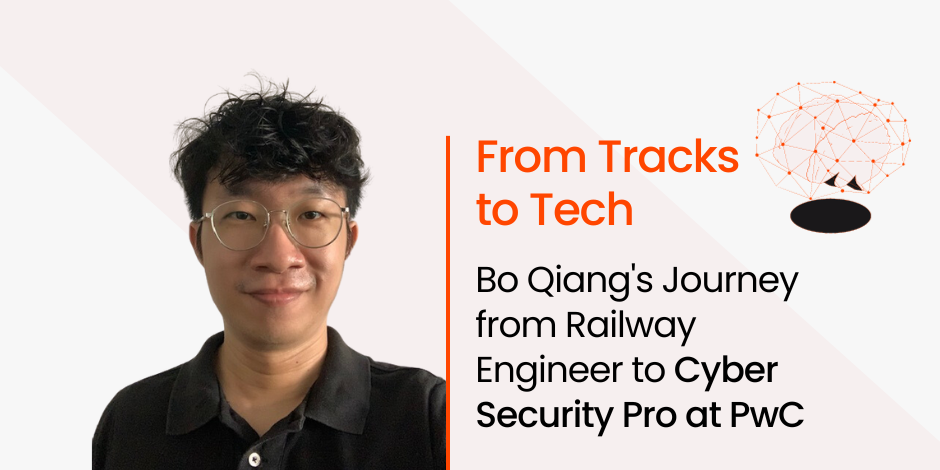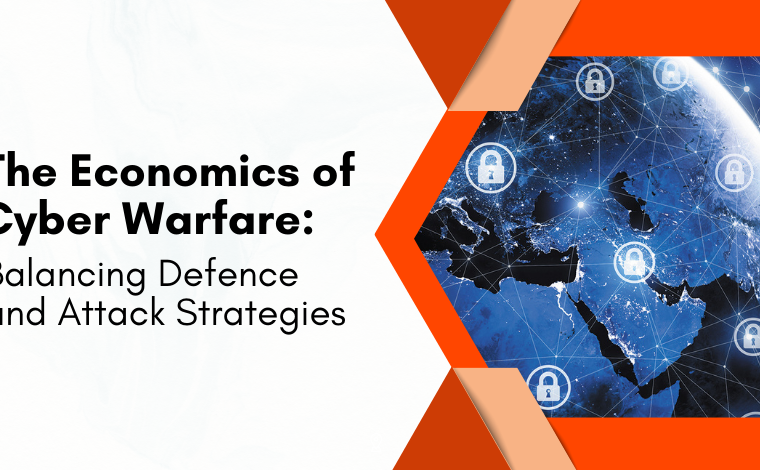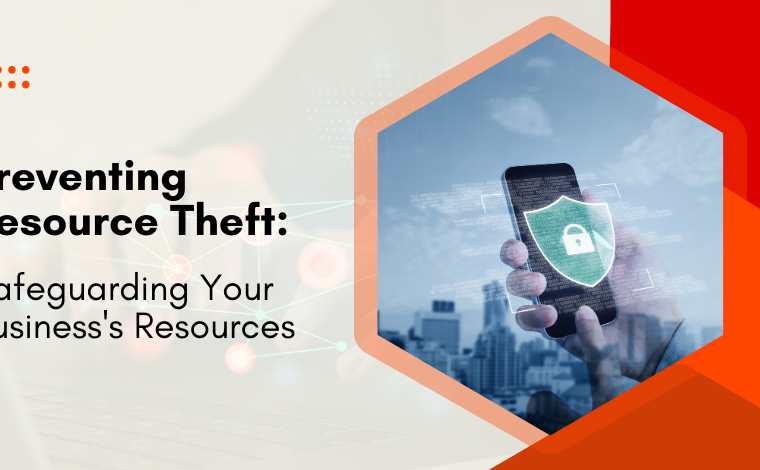From Tracks to Tech: Bo Qiang’s Journey from Railway Engineer to Cyber Security Pro at PwC

Stay Informed With Our Weekly Newsletter
Receive crucial updates on the ever-evolving landscape of technology and innovation.
When the COVID-19 pandemic hit, Singapore-based Bo Qiang was another professional who saw it as a chance to pivot and explore new opportunities.
With so many companies adopting a new approach to digitisation and the rising demand for cyber security professionals, Bo Qiang saw this as an opportunity to future-proof his skillset.
Bo Qiang found the Institute of Data Cyber Security program online and subsequently landed his dream job as an Associate for Cyber Risk Controls at PricewaterhouseCoopers (PwC).
We caught up with Bo Qiang to hear how his new role is going and how the Institute of Data Cyber Security program helped him get to where he wanted to be.
1. What was your professional background and experience before changing to cyber security?
I come from an engineering background. I worked as a site engineer on a railway project in a construction firm, mainly dealing with on-site coordination and installation works with various contractors.
I became an operations executive in a property consultant firm where I handled facilities management for various clients on all aspects of maintenance works within their premises.
2. How did you prepare to study the Cyber Security program?
When it comes to learning, I am the ‘more surprises and less spoilers’ kind of person.
In preparation for the Institute of Data Cyber Security program, I looked online to gain a generic feel of what was going to come rather than knowing the specific areas that were going to be covered in the program.
3. What were your career goals before upskilling?
My goals have remained consistent irrespective of the field I find myself in.
Personal development, career stability, and being proficient and knowledgeable in what I am doing are important to me.
I want to pass this knowledge down to my understudies in the future.
4. Can you describe your experience with the program?
For me, the highlight of the program was actually the number of students in the cohort. The trainer-to-student ratio meant that the trainer could focus on each of us with our queries and concerns.
This was especially helpful as all five of us were from a non-IT background.
One of the biggest challenges was understanding all the technical jargon during my first few weeks of the program.
I had to check the terms online, but I’d digested them by the second half of the program.
[su_quote]One aspect I really enjoyed was the case studies, which we completed on every topic. They got our heads cracking, which is not a bad thing! [/su_quote]Our work on the case studies gave us a better understanding of the content.
Most importantly, our trainer, Anand, was very patient in explaining and providing more details beyond what was taught in the program.
Unlike some lecturers in schools who only read through the lecture slides, he (Anand) provided context and shared useful resources that we could read more about online.
5. Tell us about your capstone project
[su_quote]The hardest part of the capstone project was coming up with the topic itself! [/su_quote]What struck me as I was contemplating what to focus on was something from my engineering days: Building Management Systems (BMS).
After doing some research, I noticed there were vulnerabilities in such a system.
So, I decided to do a threat modelling approach for BMS.
Time was not on my side; otherwise, I would have included mitigations for all the threats identified for my project.
6. Tell us how you landed your first job in the cyber security industry
Towards the end of the capstone project, I applied for a role at PricewaterhouseCoopers (PwC).
My sole intention was to get a feel of how the interview process differs from what I had gone through in my engineering days.
[su_quote]Thanks to the career coaching offered by the Institute of Data, my resume was polished and caught the hirer’s attention.[/su_quote]To my surprise, I got a call from human resources two weeks after my application and subsequently went through a series of psychometric tests and a case study.
Being one of the Big Four firms, I wasn’t expecting to get any further due to my non-IT background.
However, after another two rounds of interviews and two weeks after the assessment, I was offered a role!
7. What guidance would you give someone applying for jobs after upskilling?
[su_quote]My best advice is never to fear rejection from job interviews. Keep casting your net![/su_quote]When job opportunities arise, reflect on what went right and what went wrong so you’ll do better next time.
8. What do you love about working in cyber security?
To excel in cyber security, you must be able to solve problems quickly, keep yourself updated on the latest cyber security trends, and be open to new ideas.
The consequences of data breaches or other incidents can be dire.
So, being part of the cyber security community allows me to step in and shield people and organisations from these threats, which is highly satisfying.
[su_quote] The Institute of Data’s Cyber Security program made me realise that to be a modern cyber professional, you must be imaginative, curious, and creative.[/su_quote]9. What advice would you give to professionals making a career change or entering the cyber security field?
Know what you are getting yourself into before making a career switch. Ask yourself if this really is your interest.
Don’t simply make a change just because people suggest it to you. Always do your due diligence.
[su_quote]Connect with professionals on LinkedIn; being the experts in the field, they will give the best advice.[/su_quote]Conclusion
Are you looking to transition into tech and pursue your dream job?
Book a career consultation with one of our experts at the Institute of Data and start your journey.
You can connect with Bo Qiang and follow his professional journey on LinkedIn.




